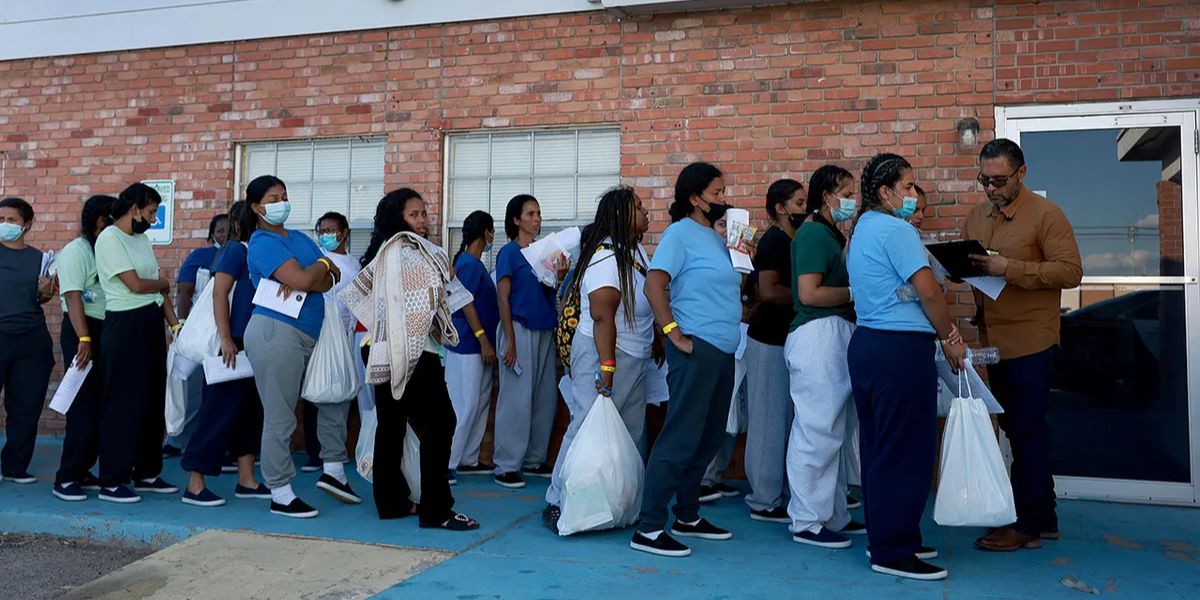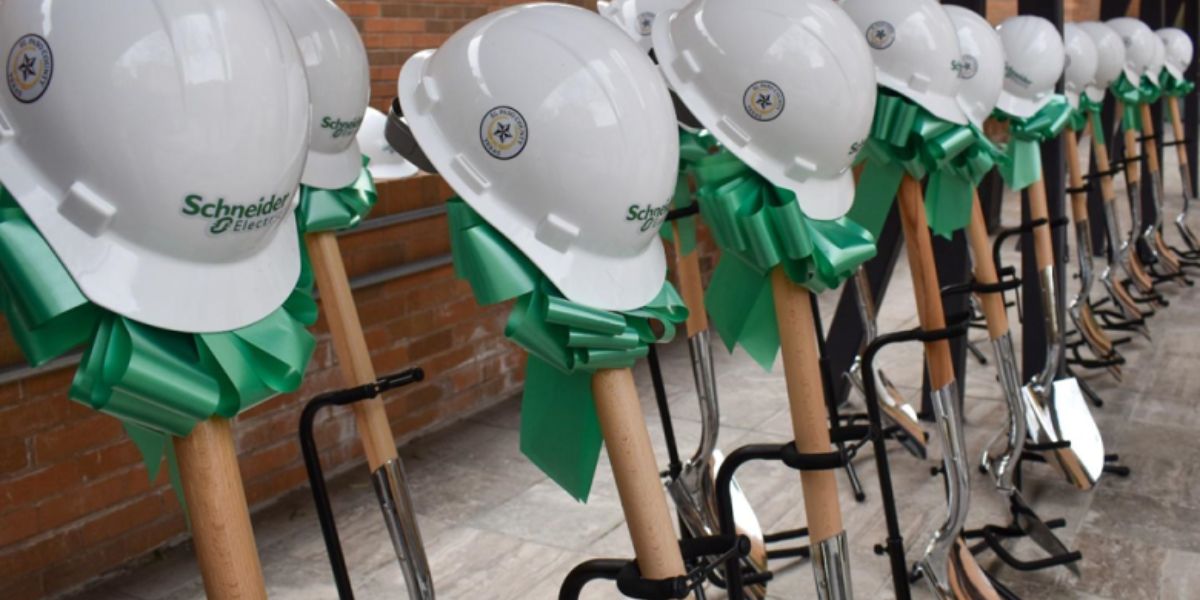El Paso, TX – Parenting has never been easy, but for many families across West Texas, the combination of financial hardship, rising living costs, and emotional strain has made it even more challenging. In response, local nonprofits in El Paso are stepping up to help parents navigate both the economic and emotional pressures that can lead to family conflict, burnout, or even violence. Their work reflects a growing understanding that supporting parents is key to building safer, healthier communities.
The Hidden Toll of Financial and Emotional Strain
Economic stress can quietly erode family stability. When parents struggle to pay bills, afford childcare, or balance multiple jobs, the resulting tension often affects their relationships and mental health. Studies from the Texas Department of Family and Protective Services show that financial hardship is a major contributing factor in cases of family distress and domestic conflict.
Table of Contents
At the same time, emotional stress — fueled by isolation, trauma, or loss — can heighten irritability and reduce patience, making parenting more reactive than nurturing.
As Miguel Ortega, a community resilience planner and family support practitioner in El Paso, explains:
“When parents are under pressure, small frustrations can turn into big problems. Our goal is to give them the tools and support to stay steady, even when life isn’t.”
Community Hubs Offering Real Support
Across El Paso, nonprofits are transforming into one-stop family resource hubs, offering a blend of practical aid and emotional care.
Organizations such as Project Vida, Centro San Vicente, and the El Paso Center for Children provide everything from rental and utility assistance to free counseling, parenting classes, and financial literacy workshops.
Parents can attend sessions on stress management, budgeting, and healthy communication — often while their children participate in supervised activities. This integrated approach ensures that help feels accessible rather than stigmatizing.
One mother who participated in a Project Vida support group shared:
“I used to feel alone. Now I know there are people who understand and can help me make things better for my kids.”
Strengthening Families Through Education
Education is one of the most powerful tools nonprofits are using to combat stress. Programs like Parenting with Confidence and Building Resilient Families focus on emotional intelligence, teaching parents how to recognize signs of burnout and how to talk to their children about tough topics like grief, conflict, or fear.
Many workshops are bilingual, reflecting El Paso’s diverse population, and are led by community mentors who understand the local culture. Sessions cover practical topics such as:
- Creating healthy family routines.
- Managing financial strain without conflict.
- Setting emotional boundaries between work and home life.
- Recognizing when professional help is needed.
These lessons help parents shift from surviving to thriving — creating calmer, more stable homes.
Mental Health and Emotional Healing
Emotional wellness is a major focus for family-centered nonprofits. After the pandemic, organizations saw rising levels of anxiety, depression, and family tension, especially among working parents.
Nonprofits like Familias Unidas and Casa Ortiz Community Services now employ licensed social workers who provide free or low-cost counseling to parents and children. Group therapy and peer support sessions allow families to process trauma collectively, strengthening relationships in the process.
“We focus on healing, not judgment,” Ortega says. “When parents feel emotionally safe, they can be the stable force their families need.”
Economic Empowerment as Prevention
Beyond emotional support, nonprofits are tackling the root causes of stress — financial insecurity. Job training, small business grants, and workforce placement initiatives are giving parents opportunities to improve their economic resilience.
The Borderland Workforce Alliance, in collaboration with local nonprofits, connects parents to career counseling, résumé assistance, and certification programs in fields such as healthcare, construction, and education. Parents who participate in these programs often report higher household stability and reduced family conflict within months.
By addressing financial pressure, these initiatives reduce the ripple effects that often lead to emotional burnout or violence.
Building a Network of Care
El Paso’s success lies in collaboration. Nonprofits don’t work alone — they coordinate closely with schools, hospitals, and faith-based organizations to identify families in need early. When teachers notice a struggling student, for example, they can refer the family to a partner organization for assistance with food, rent, or therapy.
This wraparound approach ensures that parents receive help before crises escalate. It also fosters trust, allowing families to seek help without fear of stigma or judgment.
“It’s not just about services,” says Ortega. “It’s about relationships — knowing someone will walk beside you through the hardest parts of life.”
Looking Ahead: Prevention Through Partnership
The growing network of El Paso nonprofits demonstrates that violence prevention begins at home, with stable, supported families. By addressing both the emotional and economic sides of stress, these organizations are creating a blueprint for resilience that other Texas communities are beginning to follow.
As more families find balance, safety, and hope, the message becomes clear: when parents thrive, communities do too.
What do you think?
Have you or someone you know benefited from local family support programs? Share your experiences or thoughts in the comments below and discover more family resilience stories at reachviolenceprevention.org.









